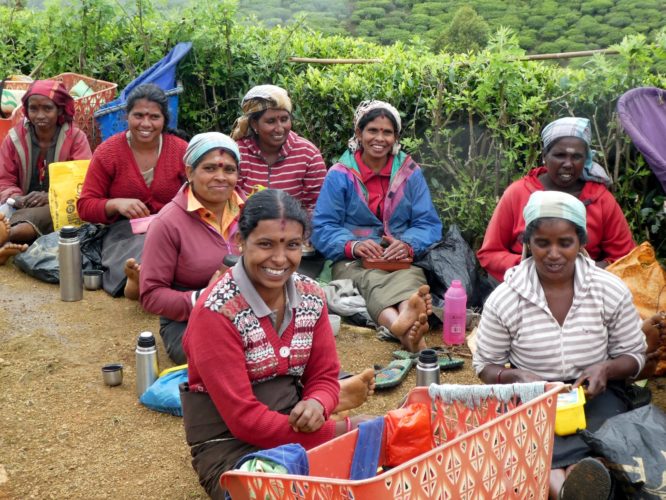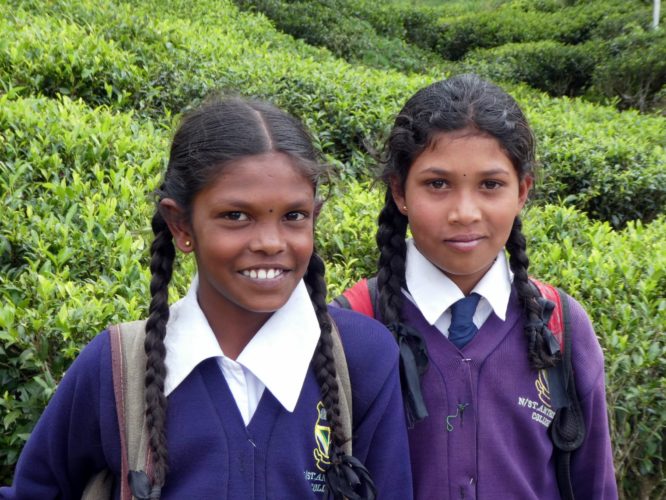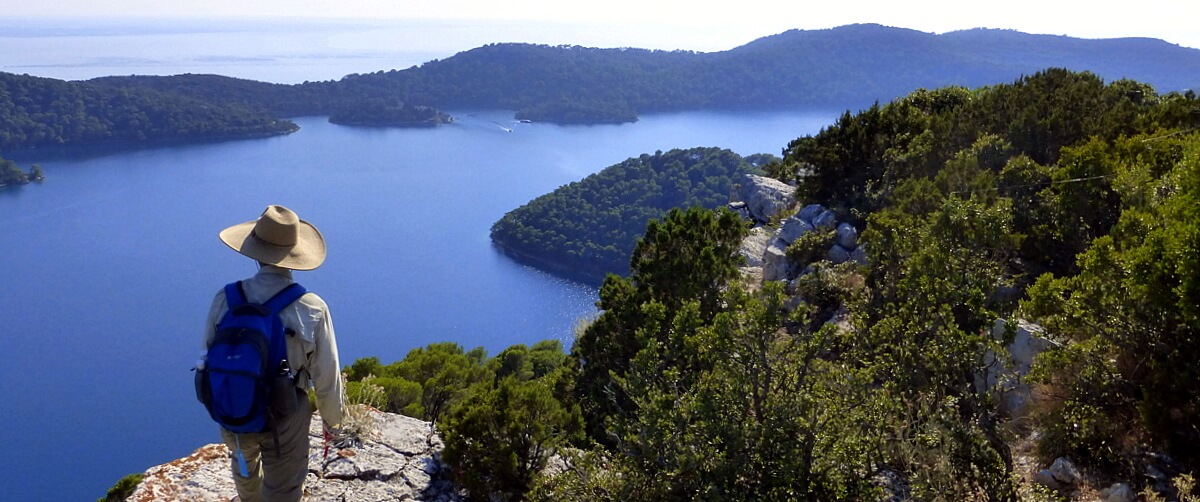By Dan Friesen
I’m taking you back to Sri Lanka this morning to a part of this tropical island nation famous for growing tea. In its long and eventful history, foreign incursions were not uncommon, but when the Portuguese heralded the advent of European colonization in 1505, things changed rapidly and more radically!

The Portuguese gave way to the Dutch, who yielded to the British. The British focused more on development of the land and resources than their predecessors and they used the highlands – the Hill Country – for coffee production. A disease that wiped out coffee prompted them to try tea, and they hit a gold mine. Tea now accounts for roughly 11% of all Sri Lankan exports.
Our walk here highlighted two memorable aspects of the Hill Country – the stunning terracing of the tea fields and the beautiful local people whose lives are connected with tea.
These people are immigrants to Sri Lanka brought here by the British in the 19th century from the south of India. They are the Tamil people, a low-caste minority to the Sinhalese majority, and they are Hindu in religion, a minority to the Buddhist majority. The women are the pluckers (pickers) and the men often work other jobs on the estate while tending their own beautifully manicured garden plots.

Our experience in the Hill Country of Sri Lanka was delightful, one of my favorite parts of our journeys through Sri Lanka. But the tea plucking Tamils live a life of poverty.
I have not studied the situation extensively, but it seems clear there is a massive disconnect between the burden of the profitable tea industry carried by these Tamil laborers and the mean, difficult lives they live.
One of the challenges of travel is sorting through our experiences and coming away with understanding. It’s so easy to be seduced by the exotic, the colorful, and the unique, without thinking deeper about the realities that underlie these fascinating and complicated situations we encounter!

